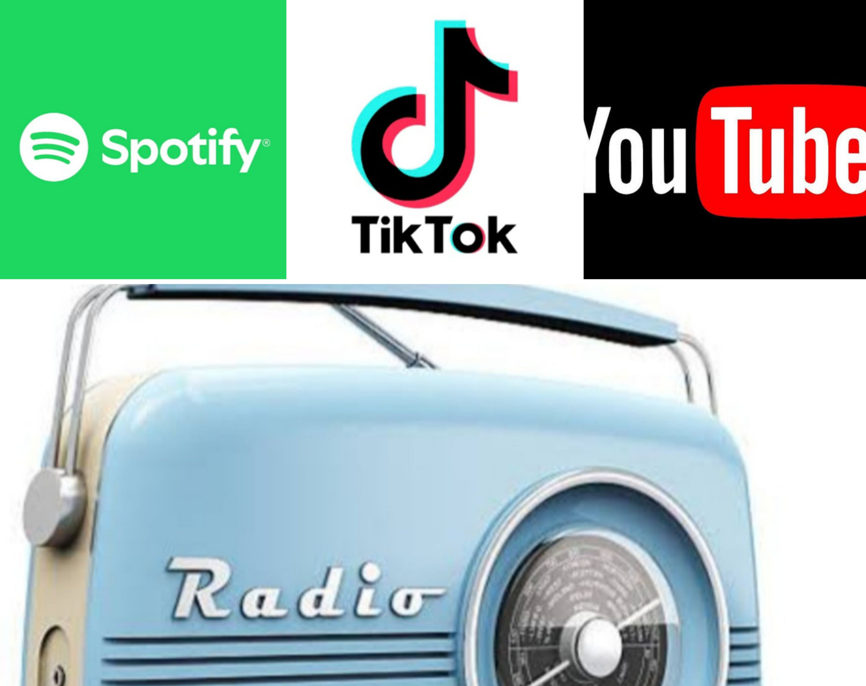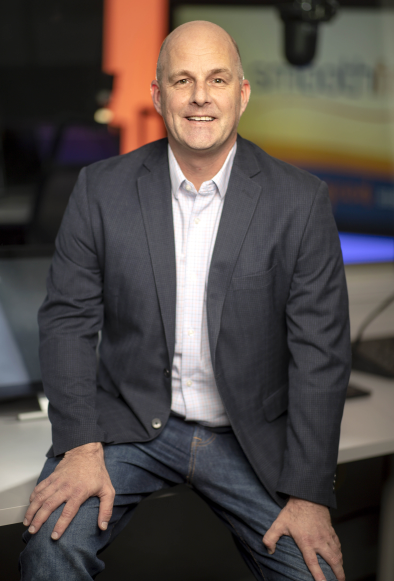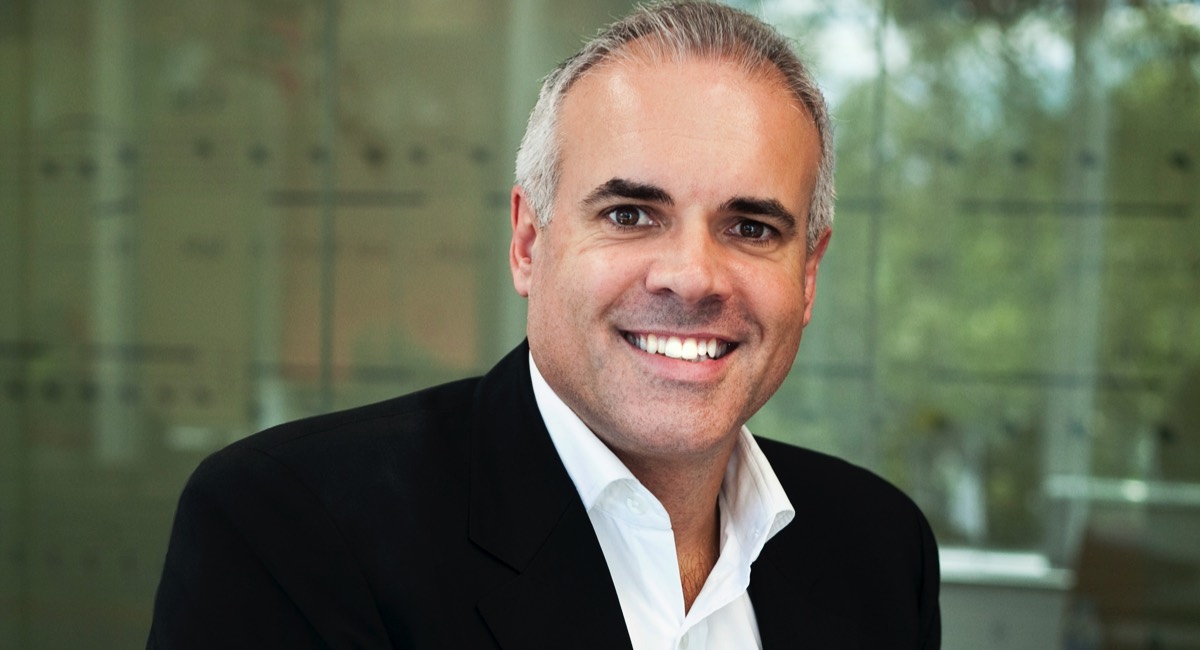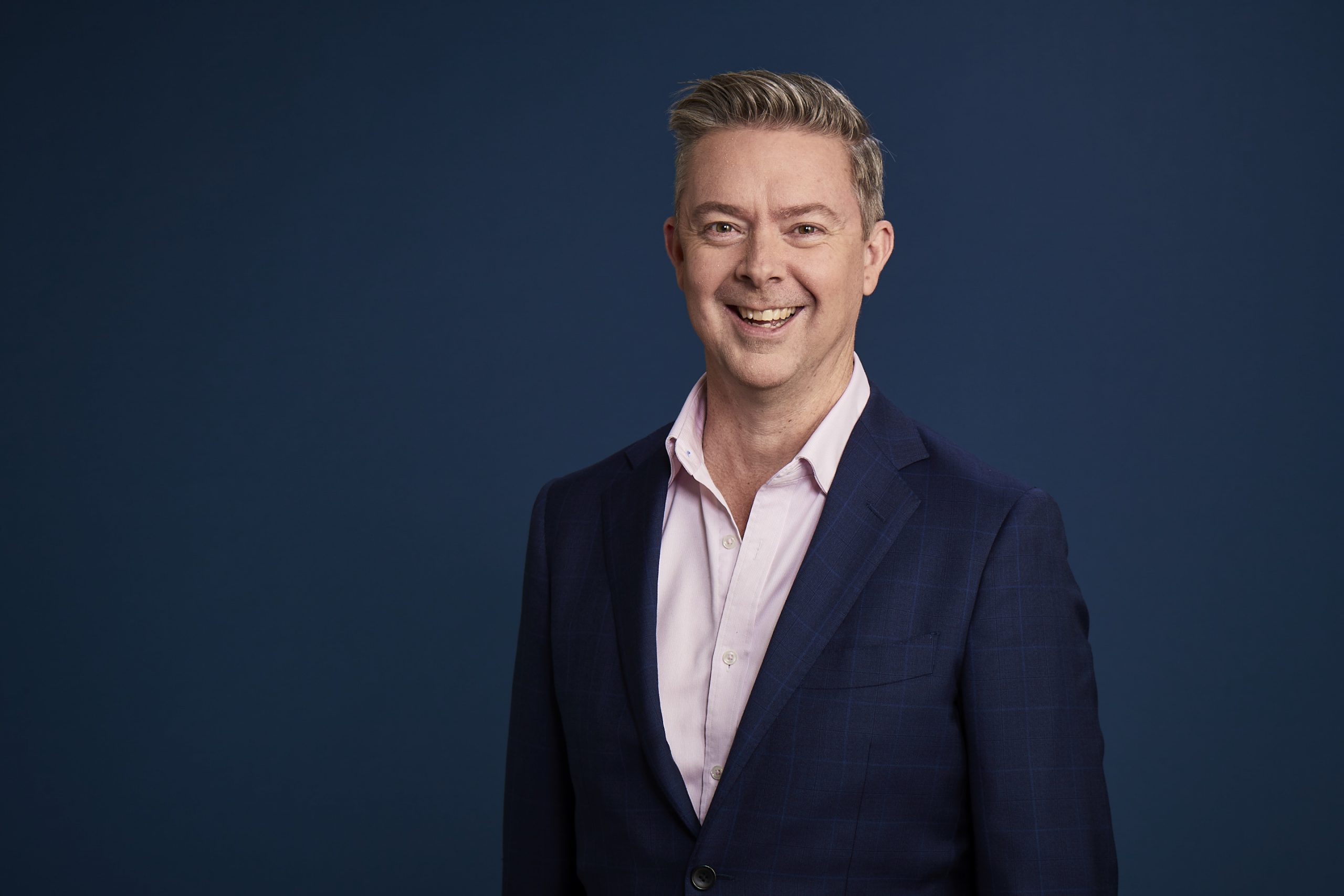Spoiled for choice: How does radio attract – and keep – younger listeners?

With the rise of streaming services and other digital options, how does traditional radio keep the younger demo from jumping ship? That is, if they haven’t already jumped.
Music discovery used to be hailed as one of radio’s biggest strengths. Now, with platforms like Spotify, TikTok and YouTube, it’s a jungle out there.
A glance at Survey 4 results this week reveals three out of the four top stations in Sydney all skew 40+. It’s a similar story in Melbourne.
Is radio failing to get younger listeners on board?
In interviews with our sister publication RadioInfo, three of Australia’s top radio executives offered their views on the subject.
And there’s one thing they all agree on: When it comes to people under the age of 40, the onus is on radio to do its best to attract them.

Smooth Network Head of Programming Peter Clay says there’s no doubt listener behaviour has changed.
“We’re dealing with an audience that sits there on TikTok or any of the bite-size chunk videos. They have a time limit. If they’re not entertained – I guess if they’re not engrossed in the actual content or product or song – then they’re leaving.”
“With any device now, they can easily just quickly flick across and go to TikTok or YouTube and look at something else.”
“There is definitely a difference how the young demographic listen, but it’s our job to do what we can to get them staying there for longer.”
Quite simply, Clay says, people have a wider choice of options now.
“And they’re less likely to stay around if we serve up something that doesn’t spark or retain their interest.”
Since its inception, Clay says Smooth has experienced a resurgence in younger listeners.
“When Smooth first started, I guess we were pigeonholed as an older demographic station.”
When tweaks were made to make the station more relatable across a wider demographic, Clay says Smooth picked up more listeners under the age of 40.
Is podcasting cannibalising radio?
“I don’t think it is,” says Clay “I would think radio as a whole is a very healthy industry and medium.”
“I feel like (podcasting) is finding a place, but I don’t think it’s ever going to be to the overall detriment of radio.”

When asked whether radio is failing to recruit young people to the medium, ARN’S Chief Content Officer Duncan Campbell says it really depends on your definition of ‘young.’
“If it’s teenagers or under 25s … I don’t know about failing to attract, but it (radio) is certainly struggling to attract (them). Because there’s so much choice.”
While it may no longer be the primary way for the under 40s to discover new music, Campbell says radio remains an option, and it’s up to the industry to make sure younger people know it’s there.
“I remain very optimistic about radio’s future,” says Campbell. “But I also think it’s incumbent upon the industry to promote the fact that there’s a curated entertainment playlist, if you like, with personalities, information and music that – as people get older, and time pressures increase – is an easy option for them.”
Far from being detrimental to the industry, Campbell believes podcasting complements radio.
“The biggest problem is there’s so many podcasts and 99% of them aren’t very good,” he says. “Finding the good stuff is very difficult.”

While there might be a perception that more young people are falling away from radio, Nine’s Head of Content Greg Byrnes says its recent data suggests otherwise.
“If we look year on year, under 40s, we’re up about 12% … and then if you go back five years, we were up 40% … so the audio cume as we know is building across the board. But for us, our under 40 audience is building.”
“Five years ago, 21 percent of our audience was made up of under 40s. Today it’s almost 30 percent.”
“But people – particularly the under 40s – tend to be so much more engaged in community and policy … I suppose that’s just how audio is changing and becoming so much more accessible.”
Byrnes says Nine Radio is also getting younger broadcasters behind the mic.
“We’re trying to find the balance of younger voices for younger listeners without losing our core audience. That’s the trick.”
“The onset of podcasting and audio options certainly are a concern, and we need to be ahead of the curve instead of playing catch up,” says Byrnes.
Byrnes says Nine prides itself on its live and local content. The kind of vital, instantaneous information you simply can’t get via Spotify or TikTok.
“We can deliver that. So I feel that sets us apart from the bunch.”
As for the rise of podcasting and its impact on radio, Byrnes’ attitude is: You can’t fight it. You’ve just got to work with it.
Pushing home this point, Byrnes mentions that as he speaks, he has a team of podcast creators sitting right outside his office in Pyrmont.
But Byrnes is adamant that talk radio isn’t going anywhere.
“The old adage has always been that you get married, you buy a house, you have kids, you find talk radio.”
“I think that will always be there.”




First step to attracting younger audiences. Get rid of these old blokes.
What are young people thinking?
We asked some old white guys.
hey LOL….congratulations, you’ve been nominated for RT listener comment of the year.
An 11 word truth bomb of epic proportions.
““The old adage has always been that you get married, you buy a house, you have kids, you find talk radio. I think that will always be there.”
Bold assumption. Twitch is the biggest talk-back style medium in the game right now. You can live comment, do live call ins, it’s not just gamers anymore – minor and major podcasts are being recorded live, with audience engagement first, before being distributed.
If you’re not actively thinking about how new mediums entering the market will disrupt your audience long term; if you’re relying entirely on adage’s from decades gone by to maintain confidence, then I’m sorry but you’re dead in the water already.